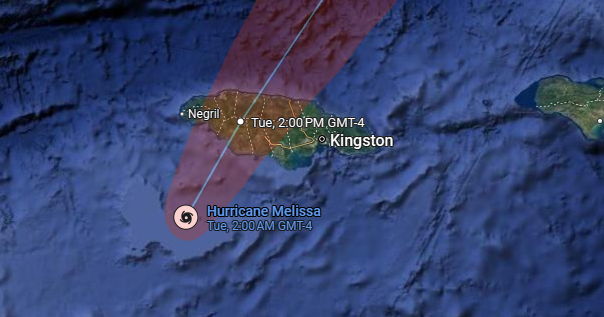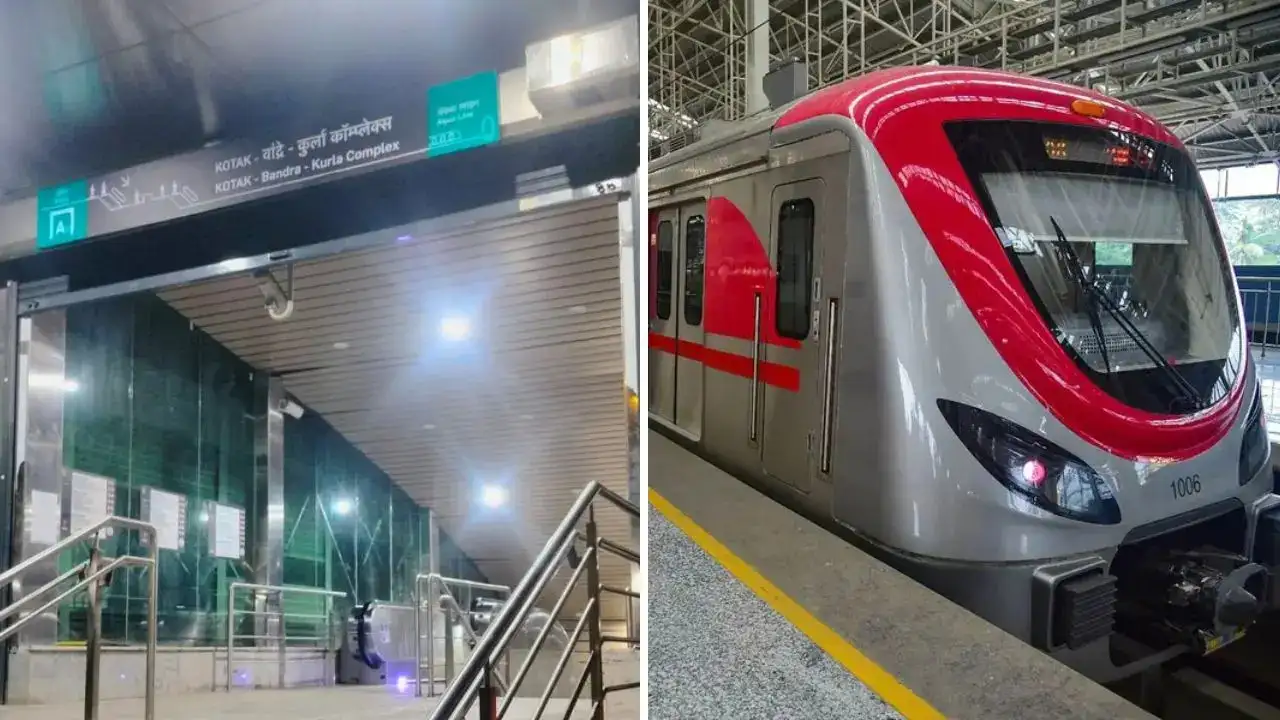Copyright trinidadexpress

“We, as a country, have failed. Very disappointed.” That is how one parent of a student at The University of the West Indies (The UWI), Mona campus, described his and his son’s feelings as Category 5 Hurricane Melissa is scheduled to bear down on Jamaica’s south coast early today. In an interview with the Express yesterday via phone, Curtis Fleary, spoke about his son, one of several Trinbagonian students sheltering in place The UWI, Mona, and expressed disappointment at the government’s handling of efforts to repatriate students. “So, my son is very, very disappointed that he’s out there trying to build a better Trinidad and Tobago in his own little way,” Fleary said. He said his son, who is pursuing a master’s degree in Marine Biology, remains patriotic but believes the Government should have prioritised students’ safety above financial concerns. “In any decent country, in any part of the world, if you are repatriating your citizens for whatever reason, be it war, disaster, whatever, it’s done at a government cost, or it’s done at a stage where the people are brought back to safety, and then payment is worked out,” he said. “And we, as a country, have failed to do that with a lot of our young, brilliant people who are, at this moment, stuck out in Jamaica, while other countries, smaller countries than ours, have taken their students back to safety,” he stressed. Minister of Foreign and Caricom Affairs Sean Sobers at a news conference Sunday has dismissed claims by Trinidadian students in Jamaica that they were not given enough notice or access to flights as Hurricane Melissa approached the island. “There is usually one flight from Jamaica to Trinidad. A special dispensation was made for two extra flights, with priority given to Trinbagonian students,” he explained. He acknowledged there was a cost involved but added that “fee waivers” were granted to assist students. Asked about his son’s mood on campus, Fleary replied, “He’s surviving, and he’s on campus. He’s stuck on campus. Campus is closed down. All the local children have gone home. Some of the other Caribbean islands have moved children out. But the majority of the Trinidad students have been put into two halls, which are supposed to be hurricane-safe.” Fleary, who has a military background, said dealing with situations like this requires diplomacy. “And I have been in situations where people needed to be evacuated from one place back to the country of their origin. And it is normal and very typical that the government of that country ensures that is done. The cost of doing it doesn’t even come into question, because you’re dealing with the lives of your citizens.” He questioned what the Government would tell families in Trinidad and Tobago if tragedy struck. “They only need one Trinidad student to die, and $2,500 by 100 students that they were charging...is it worth a life?” he asked rhetorically. He noted that it is more expensive to travel to Jamaica compared to countries like Canada. Fleary recalled he would have incurred expenses to organise his family to attend his son’s graduation this week which has since been postponed. He urged that once the hurricane passes, the government should bring the students home. “Because depending on the damage, obviously, it is expected that parts of Jamaica will be without facilities for at least two weeks. The university does have its own electricity, and that’s not going to be a major problem. But the problem of the children feeling wanted by their government is one that we need to correct,” he said. Several regional Caribbean countries have assisted their students studying in Jamaica to evacuate ahead of Hurricane Melissa, including St Kitts and Nevis, which coordinated a charter flight for 27 students from Kingston to St Kitts yesterday, as well as the Bahamas, Barbados and Grenada.



